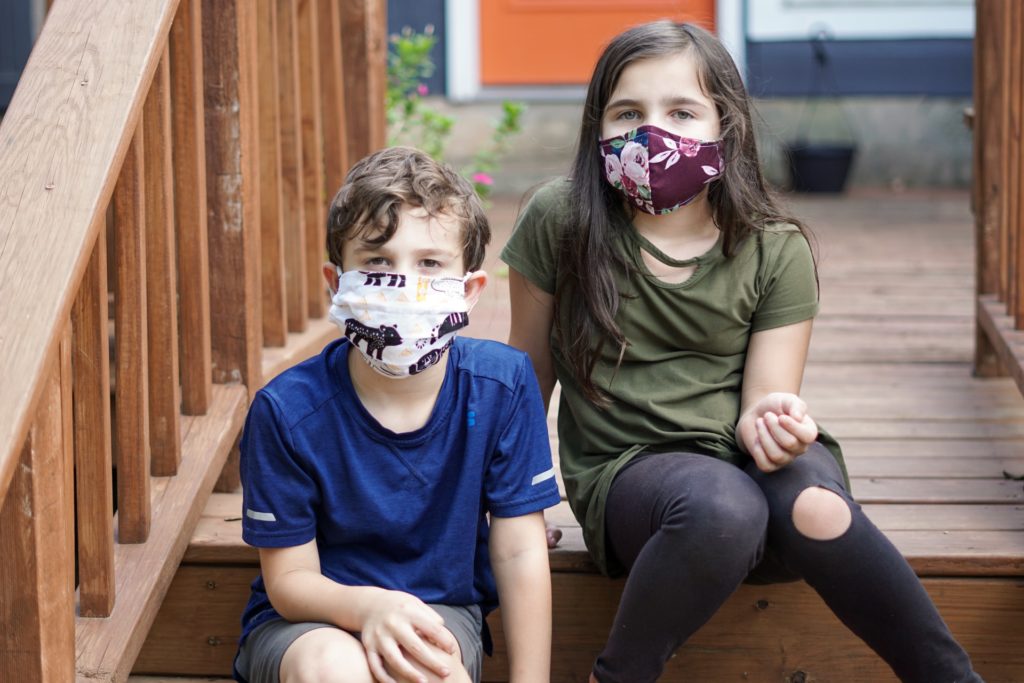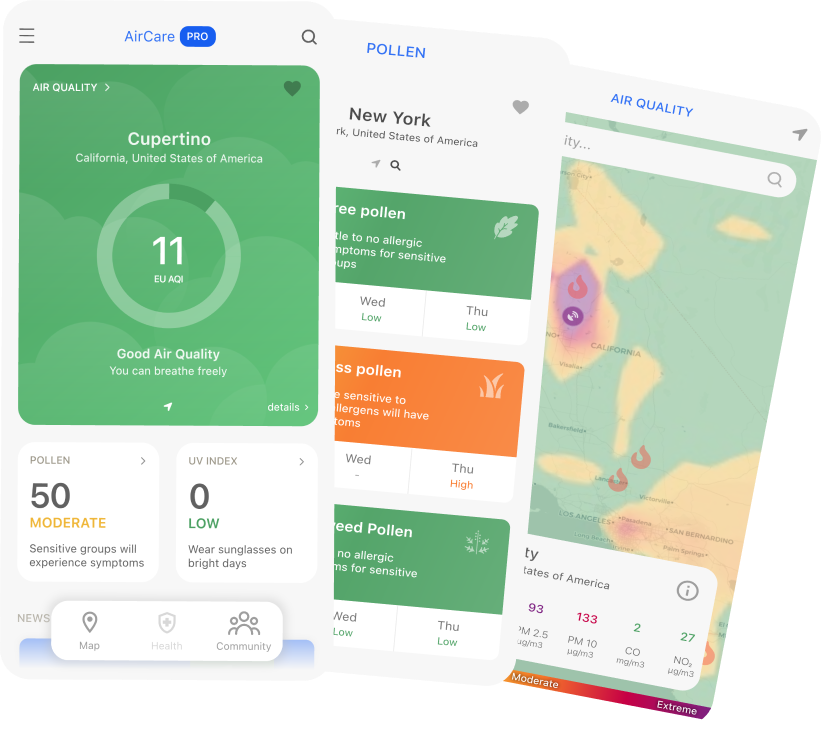Air pollution isn’t good for any of us. However, children are among the most at risk.
Children have unique behavior and activity patterns. For instance, they play and crawl on the ground amidst dust and dirt that might carry a wide variety of toxicants. They often put their toys, hands, and other items into their mouths, ingesting substances that are harmful.
Children usually spend more time outdoors and are more physically active when compared to adults. The air pollution exposure of children is increased by the time they spend outdoors coupled with faster breathing during exercise.

Every day, approximately 93% of children in the world under the age of 15 breathe in air that is so polluted that it places their development and health at grave risk. Unfortunately, the World Health Organization estimates that as a result of lower respiratory tract infections caused by air pollution, 600,000 children died in 2016.
Being aware of the connection between air pollution and child health, and even more importantly, how we can limit the negative effects, is crucial to raising healthy and happy children.
Air Pollution’s Impact on Children’s Health
So, what known connections are there between air pollution and the health of children?
- Lung development – Children between the ages of 9 and 10 years old that were exposed to pollution showed significantly smaller lung volume.
- Asthma – Air pollution and living in highly urbanized regions is associated with the development or worsening of asthma in children. The reason why children with asthma are more at risk from the effects of air pollution is that their breathing rates are faster and their lungs are still developing. Long-term exposure to high concentrations of air pollution might cause asthma in children.
- Diabetes and obesity – It is possible that air pollution can be a catalyst for diabetes and obesity in young children. Research that included children who were exposed to higher levels of air pollution found that the children had lower insulin sensitivity. In addition, it found that the children have a higher body mass index (BMI).
- Heart disease – A Stanford-led study found that children exposed to air pollution, such as car exhaust and wildfire smoke, may be doomed to higher rates of heart disease and other ailments in adulthood. This study concluded that exposure to air pollution correlates with an increase in monocytes, which are white blood cells that play an important role in the development of plaques in arteries, and this might possibly incline children to heart disease in adulthood.
- Brain development – It was found that exposure to air pollution in pregnant women harmed brain development and contributed to cognitive and behavioral problems later in childhood.
Managing Air Quality During Childhood
The first thing you can do is take steps to ensure that the air quality in your home is of the highest standard possible.
Clean your home often and well. You should focus on removing pet dander, pollen, and dust more specifically. These allergens can make breathing especially difficult for children since they can get into the lungs.
A smart choice would be to remove rugs and carpeting since they will hold and collect all of those allergens, and release them every time you step on them. Laminate, tile, and hardwood are much more lung-friendly options.
You should try to avoid bringing harsh chemicals into your home. You can focus on natural cleaners such as vinegar and limit the use of household cleaners. Children’s health can be disastrously affected by the chemicals released by many common household products.
You can consider filtering the air and improving ventilation in your home. However, when outside pollution is bad, make sure that you keep doors and windows closed, so the pollution doesn’t get in.
How Can AirCare Help?
Since different areas have different levels of air quality at different times, it is important to monitor what is happening with the air. You can use AirCare to have accurate measurements of air pollution levels and take informed steps in combating air pollution outside.
Do you want to know the quality of the air you breathe? Download AirCare – our free mobile app that tracks air pollution from your pocket, and check out the AirCare blog!





